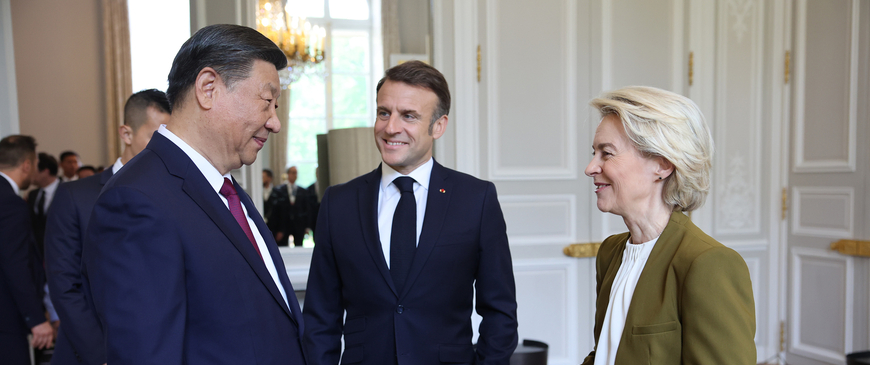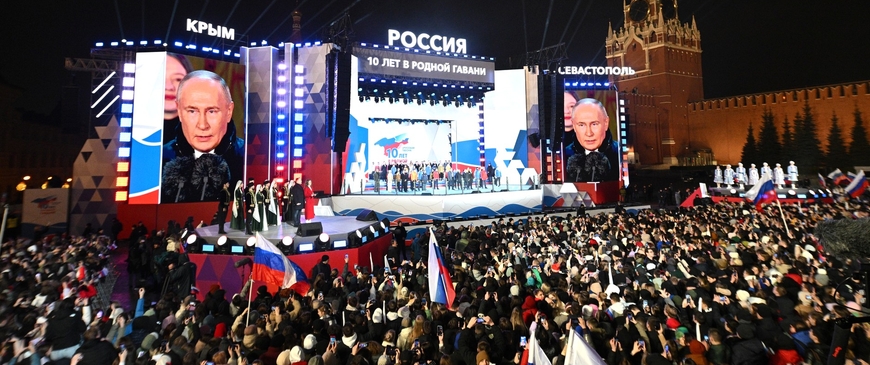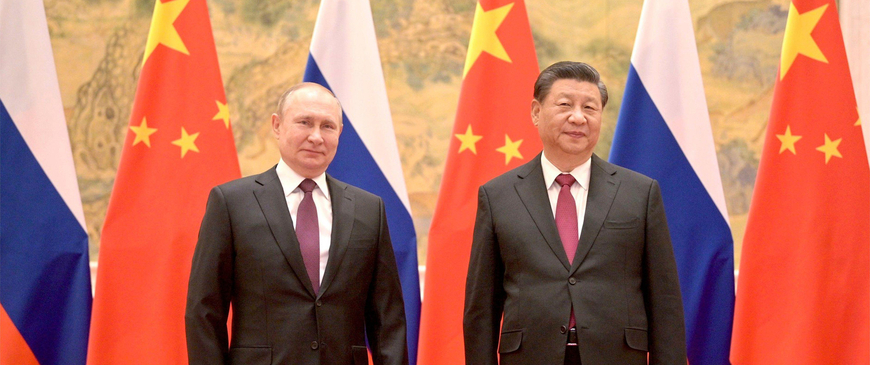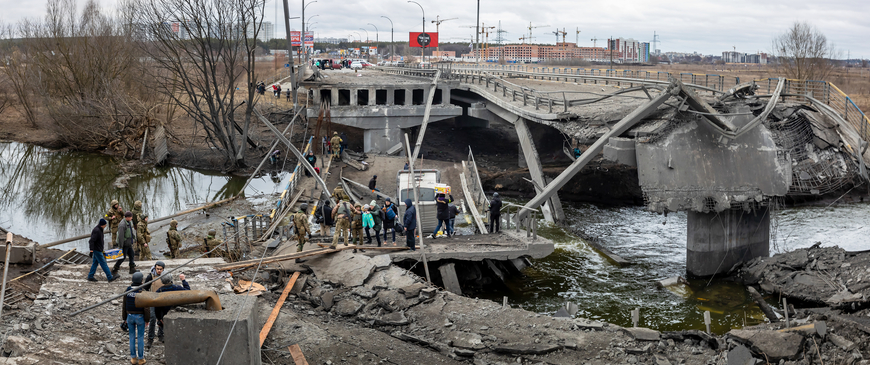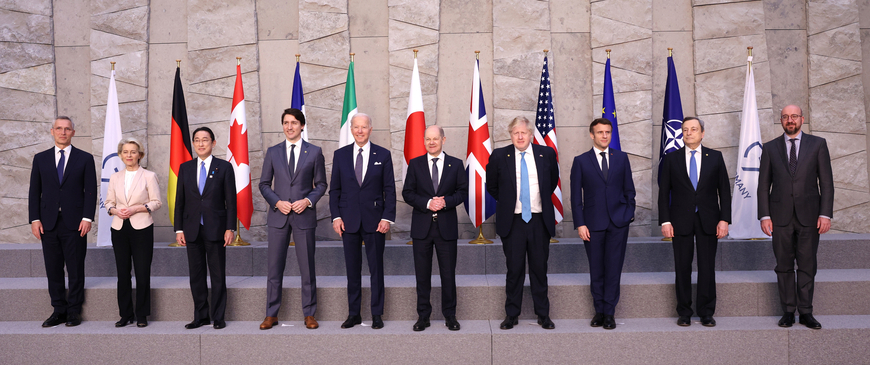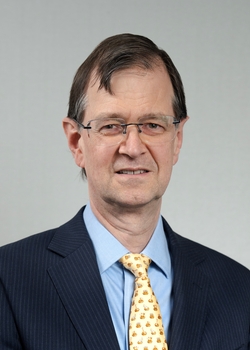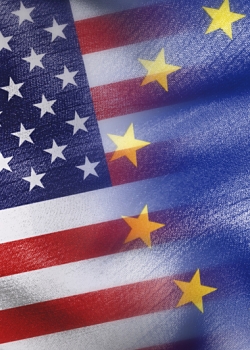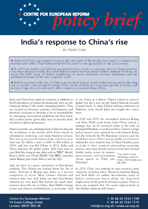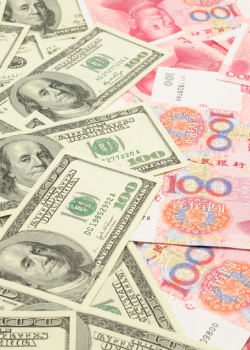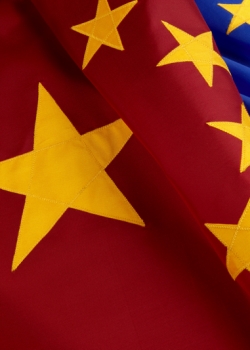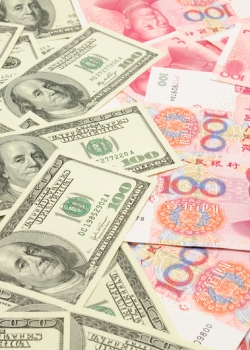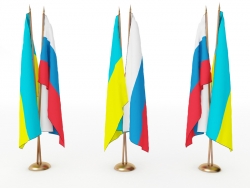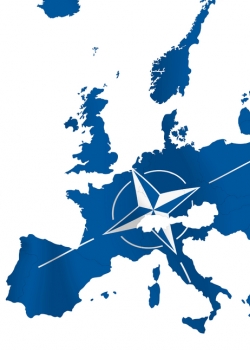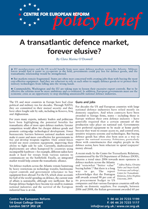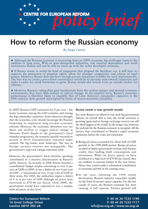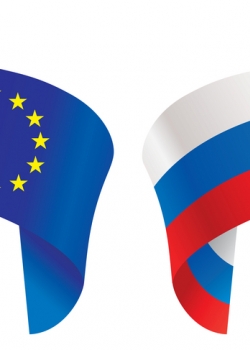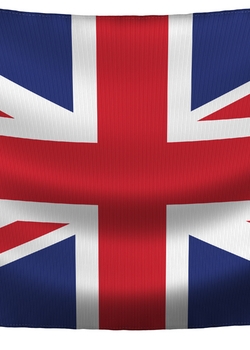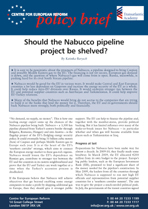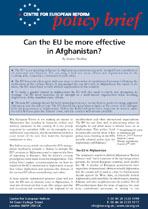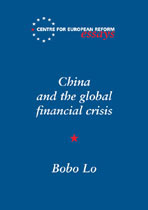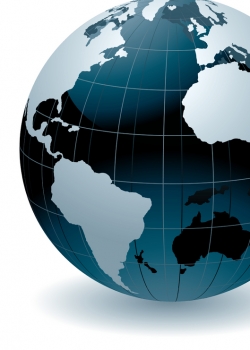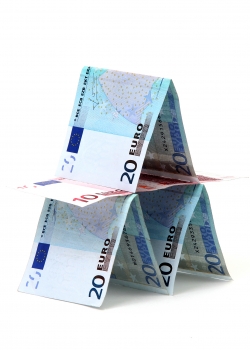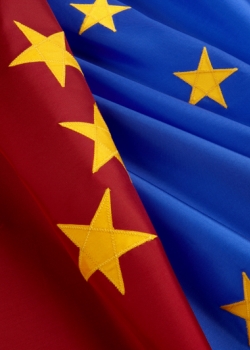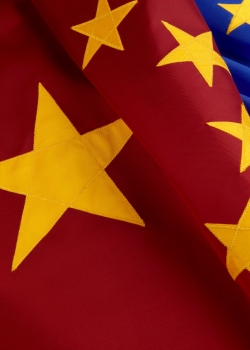China & Russia
The midterm elections, Europe and US foreign policy
01 October 2010
Though Barack Obama remains popular in Europe, he has his detractors there, particularly among foreign policy professionals.
India's response to China's rise
17 August 2010
The US-China 'reset': An opportunity for the EU
02 August 2010
Europe faces few bigger questions than how to handle China. Recent shifts in the Washington-Beijing relationship, together with changes in the EU itself, give the Europeans a chance to rethink their own relations with China.
In 2008 and 2009 China's foreign policy became more assertive. Deng Xiaoping's advice to his fellow...
In 2008 and 2009 China's foreign policy became more assertive. Deng Xiaoping's advice to his fellow...
Is China being beastly to foreign investors?
30 July 2010
When I visited China a year ago, I was struck by the strong feeling among many foreign firms there that the business environment was getting tougher. Western businessmen complained, in particular, about discrimination against foreigners.
Issue 73 - 2010
30 July 2010
- The US-China 'reset': An opportunity for the EU, Charles Grant
- The EU must support clean energy, not dirty coal, Stephen Tindale
- A childish take on the eurozone crisis, Philip Whyte
Who is winning Eastern Europe's great game?
19 July 2010
The US is withdrawing from the former Soviet space; the European Union struggles to be taken seriously there. Does that leave Russia free to strengthen its influence in the countries around its borders? Not necessarily, for the situation in the region is complex.
Membership for Russia a step too far for NATO?
08 July 2010
There are growing signs that Russia’s relations with NATO are on the mend. Senior Russian thinkers, some close to the government, have been cautiously talking up the possibility of Russia joining the alliance, as have several western officials and think-tanks (including the CER.)
A transatlantic defence market, forever elusive?
01 July 2010
Despite close political and military ties across the Atlantic, defence markets are fragmented by burdensome export controls and government reluctance to buy equipment from abroad.
How to reform the Russian economy
01 July 2010
Russia's economy faces tough medium-term challenges: over-dependence on oil and gas, state-dominated industries and meddlesome bureaucrats.
Shale gas and EU energy security
11 June 2010
Will unconventional gas solve Europe’s energy security problem? Many EU member-states rely a lot on Russian gas; in the case of some Central and East European countries the dependence is total.
Russia and the West: Is the reset working?
01 June 2010
There are signs that Russia is becoming less antagonistic towards the West and more inclined to work co-operatively with it. Some regard this change in behaviour as proof that the Obama administration's plan to 'reset' relations with Russia is working and that the EU's continuous efforts to engage Moscow are finally paying off.
Issue 72 - 2010
28 May 2010
- Will the Conservatives' charm offensive endure?, Charles Grant
- The euro's reality gap, Simon Tilford
- Russia and the West: Is the reset working?, Katinka Barysch, Tomas Valasek
Should the Nabucco pipeline project be shelved?
05 May 2010
Nabucco - a pipeline to bring Caspian and perhaps Middle Eastern gas to Europe - is the flagship project of the EU's fledgling energy diplomacy. Nabucco would add to the EU's energy security, strengthen its neighbourhood policies and improve relations with Turkey.
Can the EU be more effective in Afghanistan?
27 April 2010
The EU and its governments make a substantial financial, civilian and military contribution to Afghanistan - yet European influence in the country is limited. For too long the EU has had too many offices and representatives there, sometimes working at cross purposes.
China and the global financial crisis
16 April 2010
China has come through the global financial and economic crisis in a confident manner. Economic growth is strong and China's foreign policy has become more assertive. Bobo Lo's essay challenges many western assumptions about the rise of China.
Whatever happened to the G20?
14 April 2010
George W Bush convened the first G20 summit in Washington in November 2008, at the height of the global financial and economic crisis. At two further summits in 2009, G20 leaders pledged to co-ordinate their economic stimulus packages (as well as exit strategies), avoid protectionism, address global imbalances, triple the resources of the IMF, and work out stricter rules for banks, hedge funds and other financial players.
Issue 71 - 2010
26 March 2010
- There can be no eurozone stability without economic growth, Simon Tilford
- Should Britain leave EU police and justice policy?, Hugo Brady
- The EU must deliver on its commitment to Pakistan, Clara Marina O'Donnell
Can and should the EU and Russia reset their relationship?
22 February 2010
Russia's oil-fuelled boom has ended and President Medvedev is calling for radical improvements to the economy. Some EU politicians are tempted to offer Russia a 'modernisation partnership' to re-launch the stalled EU-Russia relationship.
How should Europe respond to China's strident rise?
01 February 2010
Until very recently, many western politicians, bankers and business people were broadly optimistic about the rise of China. They assumed that as China became more developed it would become more western.
Issue 70 - 2010
29 January 2010
- How should Europe respond to China's strident rise?, Charles Grant
- Why education should be at the heart of EU2020, Philip Whyte
- Does the EU need a public prosecutor?, Hugo Brady

